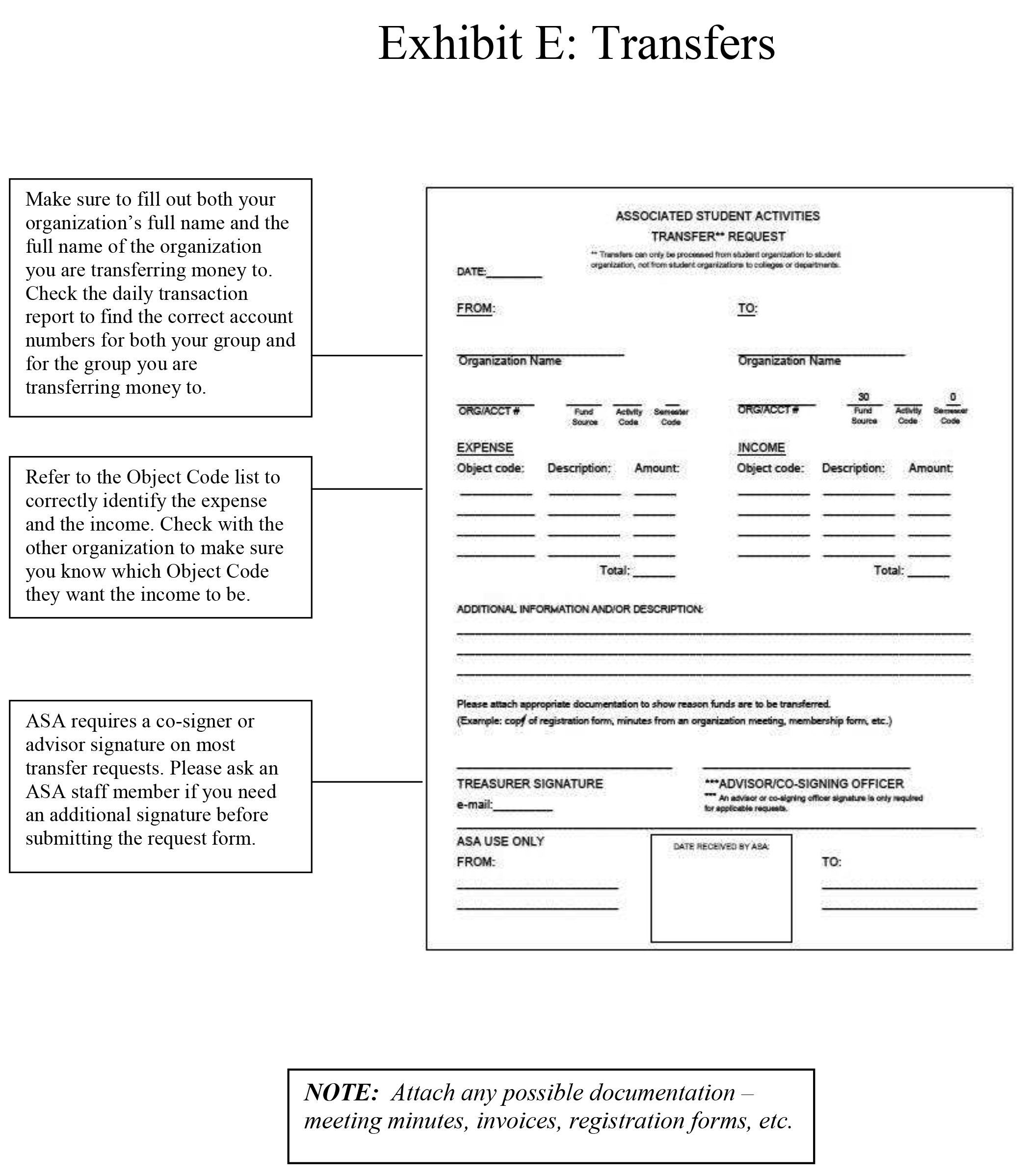More over, plaintiff usually do not county a state regarding CWALT’s so-called use up all your of consent of foreclosures
As the CWALT isnt a celebration compared to that legal actions, brand new heading tips of their certification holders are not securely in advance of this Courtroom; even if they certainly were, not, plaintiff’s allege carry out still fail, while the their own contentions regarding CWALT’s lack of authorization try conclusory and you will with no truthful assistance.
It is undeniable one CWALT is not a great „class unknown“ so you can plaintiff; as such, CWALT isnt utilized in plaintiff’s wider breakdown out-of unnamed defendants.
While it’s possible that defendants may have failed to go after ideal property foreclosure measures, its undisputed one to defendants had the right to foreclose mainly based on plaintiff’s default under the financing

Plaintiff’s next allege tries a great decree out of this Judge your disputed house is 100 % free and you may without all the encumbrances, for instance the Deed out-of Trust. Plaintiff’s revised quiet title allege is identical to that claim in their previous ailment, aside from plaintiff contributes a part saying that defendants‘ attention „during the plaintiff’s real-estate was in the place of quality because the plaintiff’s notice are split up away from plaintiff’s action away from trust because of the defendants, tranched, and you may marketed so you can divergent people.“ SAC 44.
The remainder of plaintiff’s declaratory judgment claim are contingent abreast of brand new achievement you to one mortgage during the MERS method is unenforceable
The factual allegations supporting the complaint are once again conclusory. With the exception of the additional paragraph, the entirety of plaintiffs fourth claim states that „[p]laintiff is the owner emergency credit loan in possession of real property . . . [defendants are] not in possession of plaintiff’s real property . . . [defendants] claim a right [which] . is adverse to plaintiff’s interest.“ Id. at 37-43. Accordingly, plaintiff continues to merely allege the elements of a claim to quiet title. Discover Or. Rev. Stat. („Any person claiming an interest or estate in real property not in the actual possession of another may maintain a suit in equity against another who claims an adverse interest“).
More importantly, however, plaintiff’s claim fails as a matter of law. To secure a judgment quieting title, plaintiff must establish that she has „a substantial interest in, or claim to, the disputed property and that [her] title is superior to that of defendants.“ Coussens v. Stevens, 200 Or.App. 165, 171, 113 P.3d 952 (2005) (citing Or. Rev. Stat. ; and Faw v. Larson, 274 Or. 643, 646, 548 P.2d 495 (1976)). While this standard „does not require the plaintiff’s title to be above reproach, it does require that [plaintiff] prevail on the strength of [her] own title as opposed to the weaknesses of defendants‘ title.“ Id., (citations and internal quotations omitted).
As mentioned on Advice, plaintiff is unable to allege brand new supremacy away from her very own title as the she no further possess one possession interest in new debated property:
a person may bring an equitable quiet title action to obtain resolution of a dispute relating to adverse or conflicting claims to real property. Spears v. Dizick, 235 Or.App. 594, 598, 234 P.3d 1037 (2010). Thus, because plaintiff is unable to cure the default, she no longer has a valid claim for entitlement to the property. As such, there are no conflicting claims to the property for this Court to resolve.
Plaintiff’s 2nd revised complaint alleges no the fresh new activities per their power to clean out the brand new default or defendants‘ right to foreclose; therefore, plaintiff cannot provide a factor upon which this woman is entitled to silent term. Instead, as plaintiff is legally in the default, she no more has a possession interest in the new debated property. Hence, that defendants presumably impermissibly broke up the new Mention on the Deed off Faith cannot get better plaintiff’s claim. Thus, defendants‘ motion so you can dismiss was offered in regard to plaintiff’s last claim.
